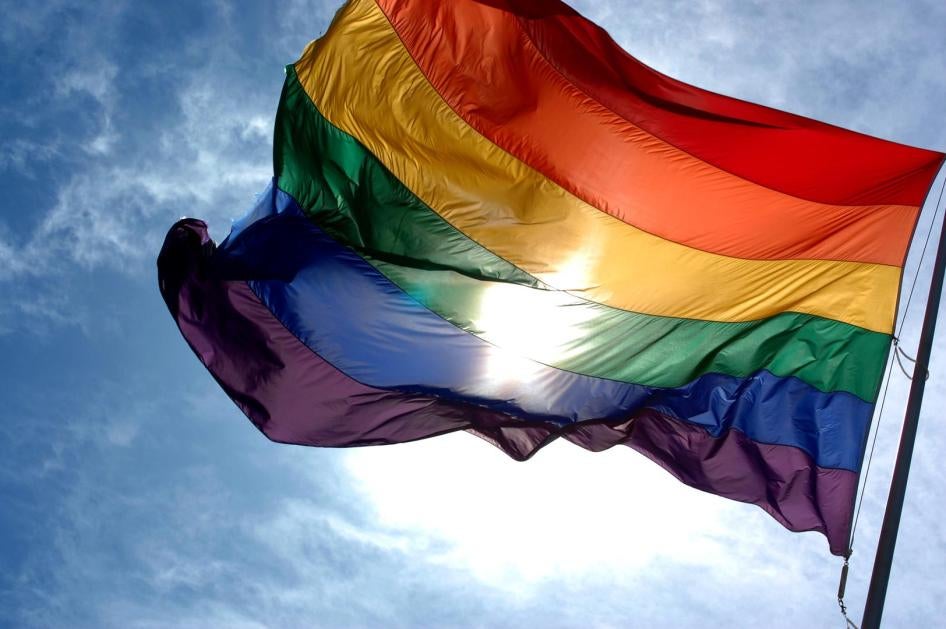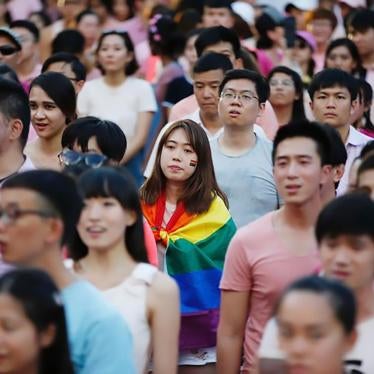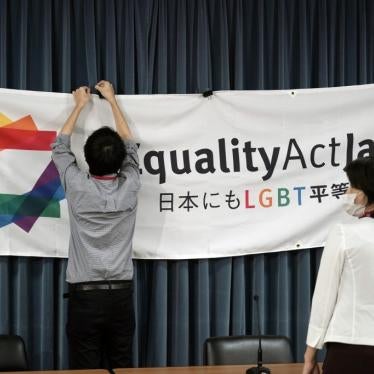Malaysia’s Federal Court on February 25 ruled that a state law banning consensual same-sex conduct was unconstitutional. While the ruling leaves intact a federal statute criminalizing same-sex relations, it does bring relief to those who have faced persecution from religious enforcement agencies enforcing such state laws.
The case arises from a 2018 raid on a private residence in Selangor, in which state religious enforcement officials arrested 11 men on charges of “attempting” gay sex, under section 28 of Selangor’s Syariah (Sharia, or Islamic law) criminal enactment. In November 2019, a court convicted five of the men and sentenced them to fines, imprisonment, and six strokes of the cane each.
With support from human rights lawyers and organizations in Malaysia, one of the men appealed, arguing that the enactment of section 28 was ultra vires, or beyond the state's powers, because under Malaysia’s constitution only the federal government may legislate some aspects of criminal law. The nine-judge panel agreed.
Malaysia’s federal laws are no more friendly to lesbian, gay, bisexual, and transgender (LGBT) people than its state laws. They are in fact so far-reaching that most sexually active Malaysians of any orientation likely fall afoul of them. “Carnal knowledge against the order of nature,” or any sexual act involving “the introduction of the penis into the anus or mouth of the other person,” is punishable by up to 20 years in prison and mandatory whipping. Another law punishes any sexual act involving “introduction of any object or any part of the body, except the penis into the vagina or anus of the other person.” The federal laws, however, are rarely enforced, and federal police tend not to share state religious officials’ zeal for invading the privacy of Malaysian bedrooms.
Meanwhile, state religious officials persecute LGBT people, especially trans women. After one trans woman, Nur Sajat, failed to appear in court to answer to charges of “insulting Islam” for having attended a religious event dressed in clothing typically associated with women, Selangor’s religious department announced it was deploying 122 officers to hunt her down. State Sharia laws also criminalize non-normative gender expression.
In the face of pervasive anti-LGBT discourse, law, and policy, Malaysian activists are taking steps to whittle away at institutionalized discrimination. The Federal Court ruling is one small but significant step forward.










